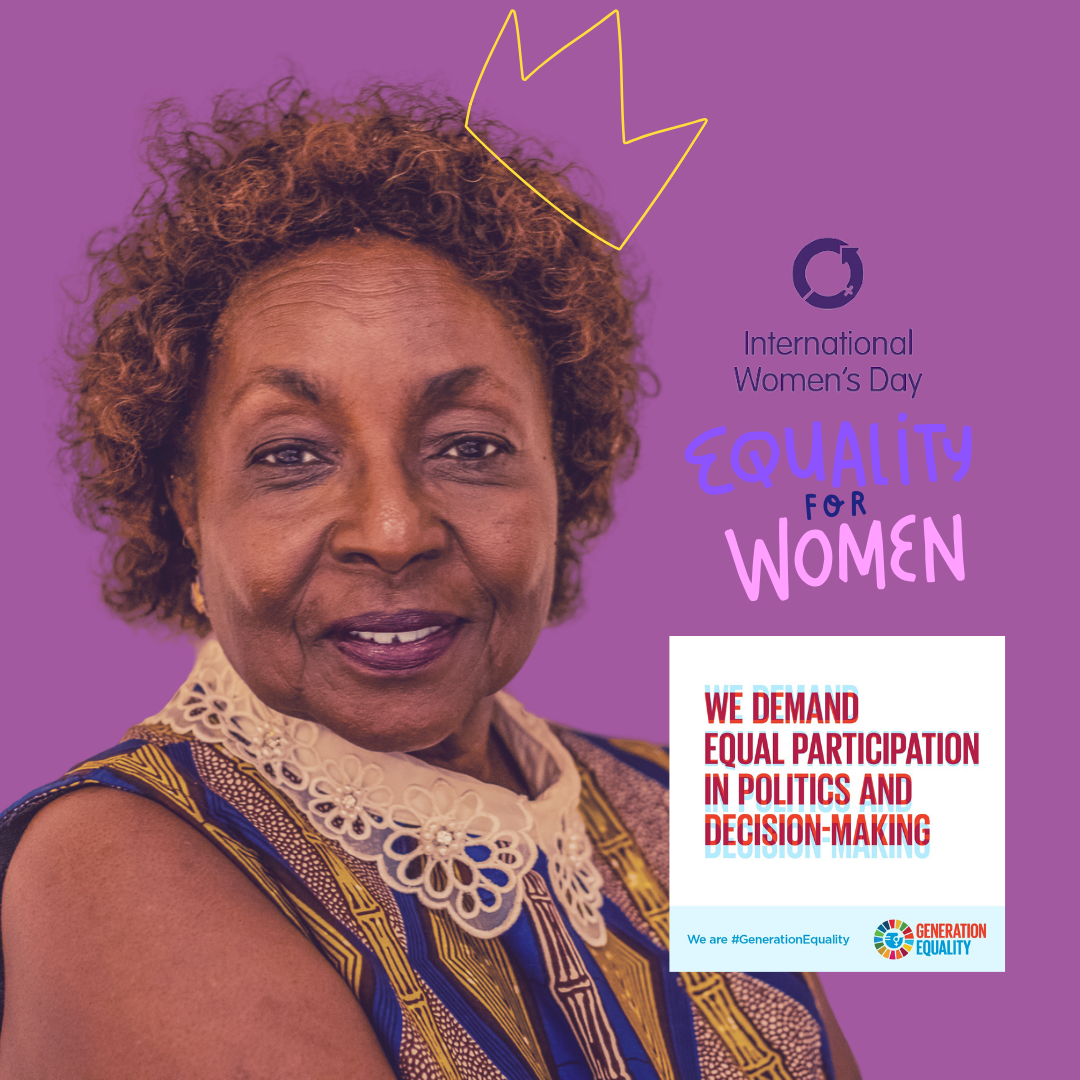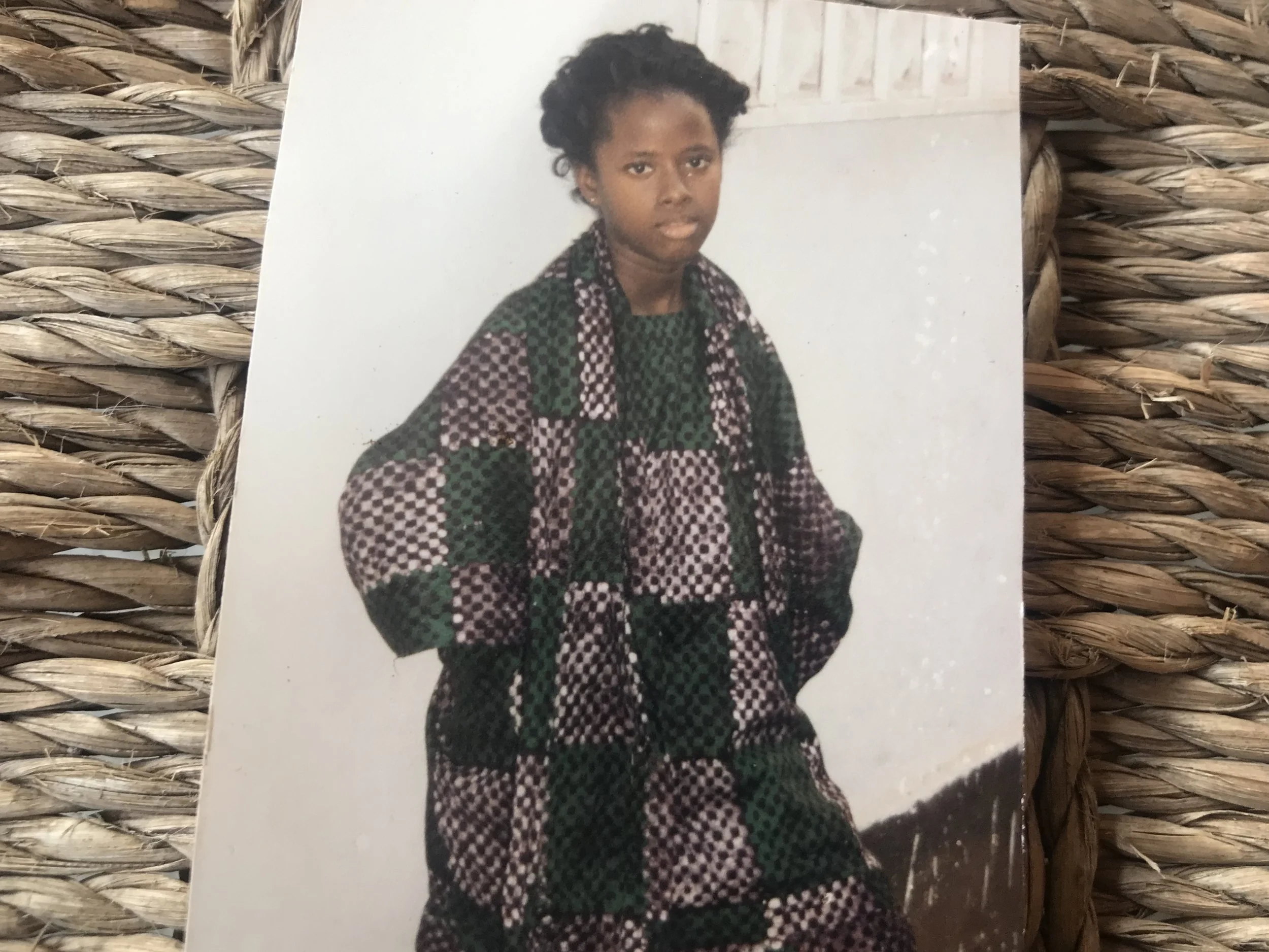Sierra Leone's Women Finally Win Right To A Minimum 30% In Leadership
The voice of Dr. Nemata Majeks-Walker, Founder and First President of The 50/50 Group Sierra Leone. Interview Recorded March 2020.
The Parliament of Sierra Leone has passed affirmative action for more women’s representation in government, implementing a two-decades-old Truth and Reconciliation Commission recommendation. The Gender Equality and Women's Empowerment (GEWE) Act could double the number of women in Sierra Leone’s next parliament.
Today in Freetown, parliamentarians passed the GEWE Act, putting a minimum 30 percent quota for women in leadership. Of the 146 members of parliament elected in 2018, only 12% are women. With the new act, all appointed positions, including the cabinet, ministries, departments, ambassadors, and agencies, and elected positions, including the local council, wards, and parliament, must have at least thirty percent women.
The Act also enshrines equal pay, women’s access to finance, 14-week maternity leave, and equal access to training. It criminalizes gender discrimination and requires all private employers with more than 25 employees to meet the 30 percent quota.
For two decades, organizations like the 50/50 Group, Women’s Forum, and Campaign for Good Governance built a movement to advocate for more women in leadership, calling on government leaders in previous administrations to make good on the TRC recommendation. They did not.
In April 2018, Julius Maada Bio was sworn in as President of Sierra Leone. His campaign manifesto said he was for a minimum 30% quota for women. However, when he got to pick his cabinet, he didn’t appoint up to thirty percent of women.
But In December 2020, President Bio launched the Gender Equality and Women's Empowerment (GEWE) Policy which he said would be a step toward gender inclusion in government.
In July 2021, the Minister of Gender, Manty Tarawalie, prepared and presented the bill’s first draft. Fourteen months after the first reading and engagements with Civil Society, Women’s Orgs, and Parliamentarians. The bill has passed!
The Act will go to President Bio, who will sign it into law. While political parties must meet the minimum quota in the upcoming elections, anyone appointed before the law’s passing will not be affected.
With the Gender Empowerment Act, Sierra Leone will join other African countries like Senegal and Rwanda, which used quotas to improve women’s participation in government and public life. Senegal passed a gender parity law in 2010; while its society is still deeply patriarchal, its legislative body, the National Assembly, has 44% women, more than any other West African nation, ahead of Ghana and Nigeria. They have 14% and 4% of women in parliament, respectively. South Africa has 46%, and leading the continent for women’s leadership is Rwanda, with 63%.
Credit to the tireless efforts and grit of Nemata Majeks-Walker, Bernadette Lahai, Maude Peacock, Yasmin Jusu-Sheriff, Aisha Fofanah Ibrahim, Nana Pratt, Naasu Fofanah, Nicky Spencer-Coker, Basita Michael, L.A.W.Y.E.R.S, Campaign for Good Governance, the GEWE Yellow Ribbon Campaign, the men who worked alongside and all the women’s leaders who fight for women to take their rightful place next to men in all spheres of public life.
Thirty percent is the minimum, but fifty percent is the goal.





